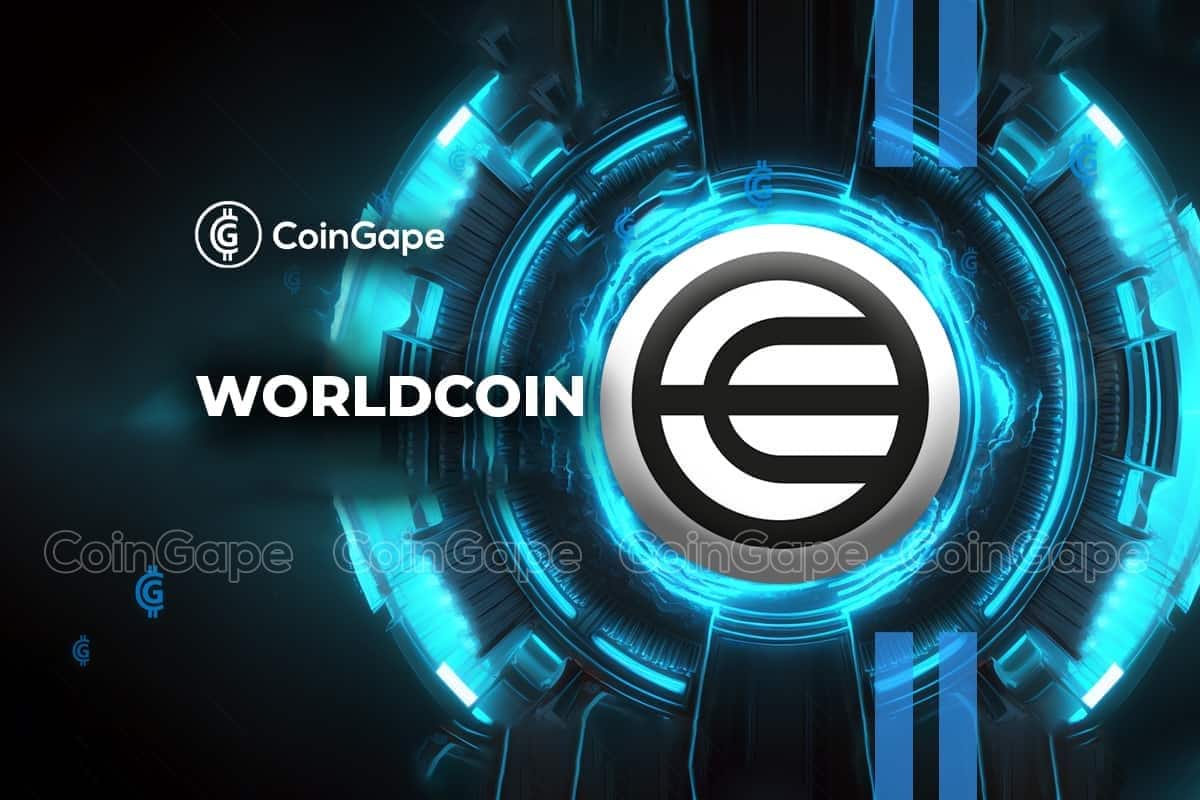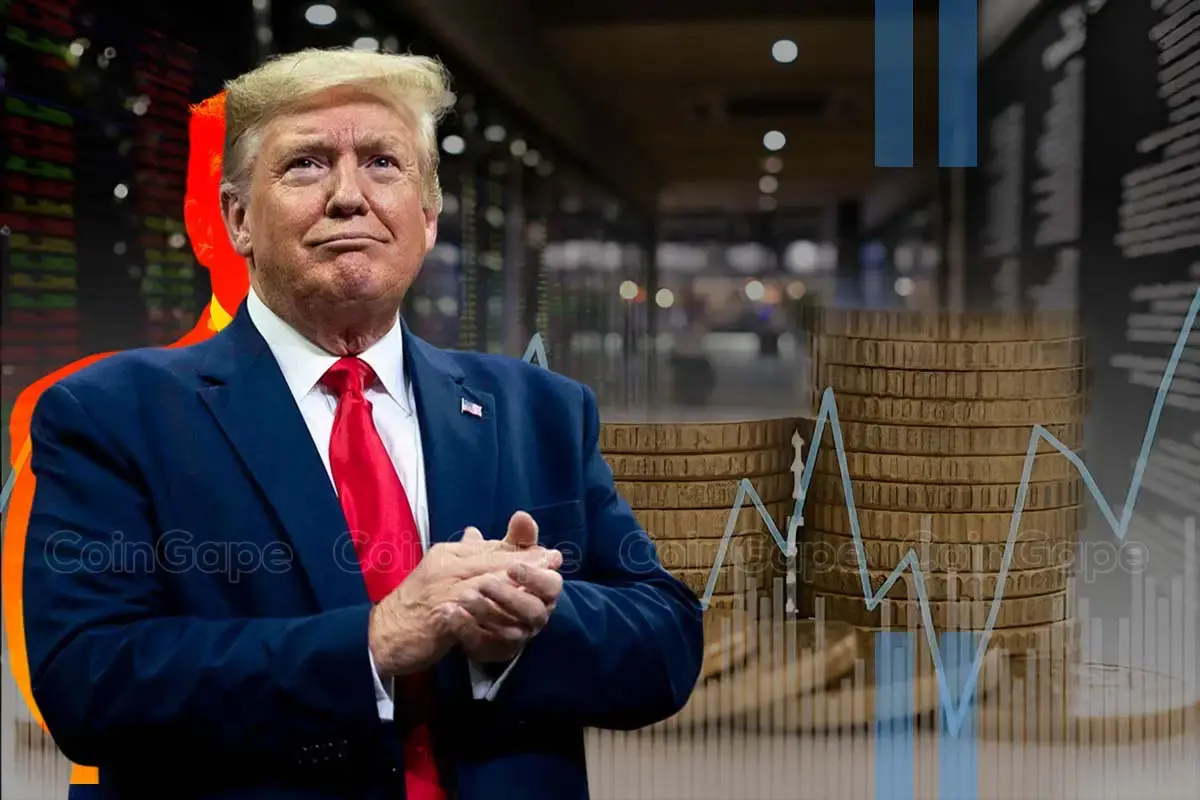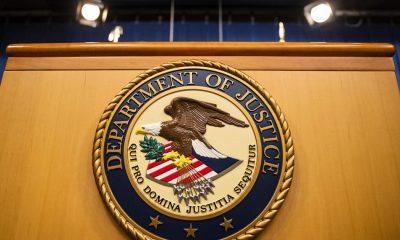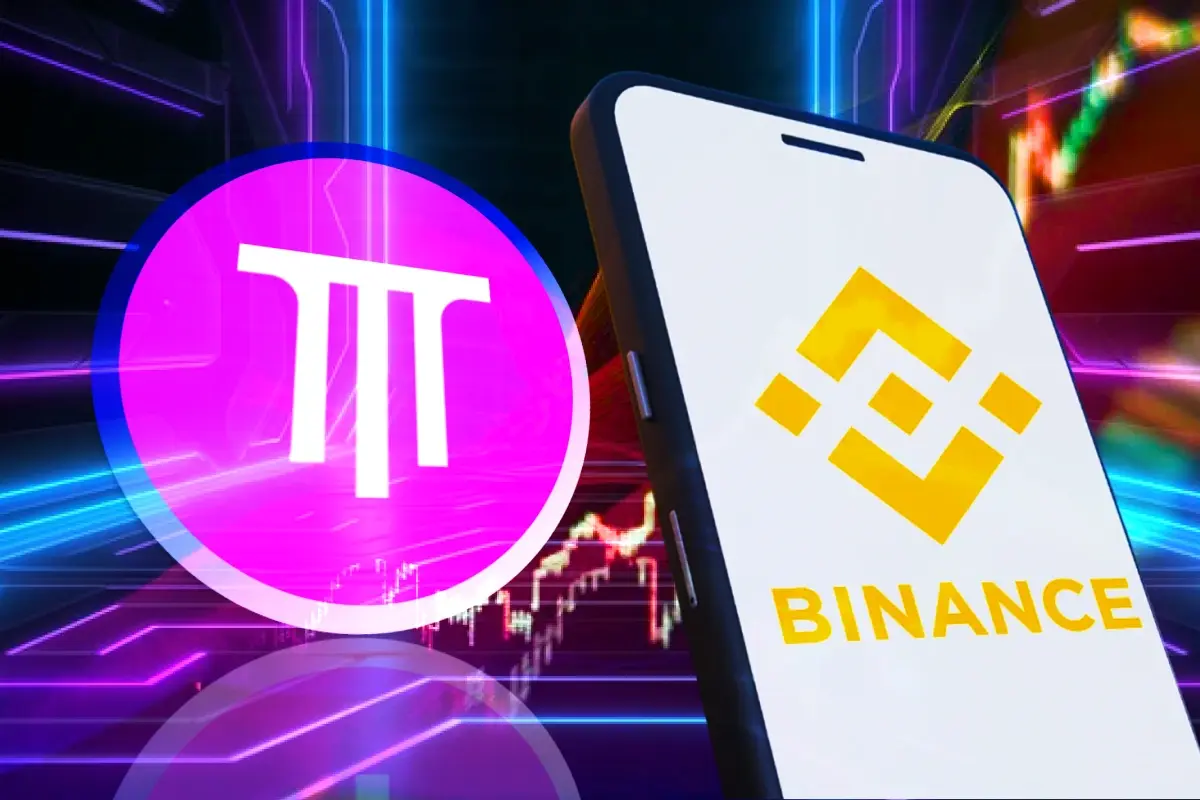Regulation
Spain Halts Worldcoin Data Collection Amid Ongoing EU Probe

The Spanish Agency for Data Protection (AEPD) has halted Worldcoin’s operations in Spain. The agency declared that Tools for Humanity Corporation, which manages Worldcoin, agreed to cease collecting and processing personal data until the end of 2024, pending ongoing investigations into its data handling practices.
Worldcoin Faces Heightened Scrutiny Across Europe
The AEPD’s decision follows a broader trend of increasing scrutiny over Worldcoin’s operations across Europe. Germany’s Bayerisches Landesamt für Datenschutzaufsicht (BayLDA) also examines Worldcoin’s activities. This probe focuses mainly on how the organization processes personal user data. Reports indicate that a resolution from the BayLDA is expected soon, and it will align with the findings of other European supervisory authorities. The collaborative efforts underline a unified European stance on privacy and data protection, emphasizing the need for stringent compliance by companies operating in the digital identity space.
Moreover, the AEPD had previously ordered the cessation of Worldcoin’s data activities in Spain as early as March 2024. This directive was part of a broader regulatory response to the project’s data collection methods, which have raised privacy concerns among various stakeholders. During this period of increased scrutiny, Worldcoin has implemented several measures to enhance user security and data privacy. These include open-sourcing its biometric data system and allowing users to delete their iris codes securely.
Hong Kong Halts WLD Operations Over Data Concerns
Worldcoin’s regulatory challenges are not confined to Europe. In May 2025, authorities in Hong Kong mandated a halt to Worldcoin operations over concerns related to the prolonged retention of sensitive biometric data. Worldcoin has significantly grown its user base and transaction volume despite these hurdles. As of April 2025, the platform boasted 10 million users and recorded 70 million transactions, showcasing its widespread adoption across diverse markets.
In a notable incident underscoring Worldcoin’s real-world utility, an African user reportedly used the platform’s cryptocurrency to buy 13 goats, highlighting the digital currency’s potential in everyday transactions. Furthermore, April 2025 marked the launch of World Chain, Worldcoin’s blockchain network. This development aims to prioritize human-centric applications, improve efficiency, and foster utility in Web3 environments.
Additionally, Worldcoin announced plans to increase the supply of its WLD token by up to 19% over the next six months. This will likely accommodate the growing demand and enhance liquidity within its ecosystem.
Also Read: Kaspa Price Forecast: Is KAS Preparing For A Massive Breakout This Week?
The presented content may include the personal opinion of the author and is subject to market condition. Do your market research before investing in cryptocurrencies. The author or the publication does not hold any responsibility for your personal financial loss.
Regulation
US Court Rules Tornado Cash Smart Contracts Not Property, Lifts Ban

A U.S. appeals court has ruled that the Treasury Department’s Office of Foreign Assets Control (OFAC) exceeded its authority by sanctioning Tornado Cash’s immutable smart contracts. This decision overturns earlier actions taken by OFAC and removes Tornado Cash’s smart contracts from the sanctions list, allowing U.S. citizens to resume their use of the protocol.
US Court Rules Tornado Cash Smart Contracts Not Property
On November 26, the Fifth Circuit Court of Appeals delivered a key ruling on the legality of sanctions imposed on Tornado Cash by OFAC. The court found that the sanctions were unlawful because Tornado Cash’s smart contracts, as immutable open-source code, cannot be owned or controlled by any entity or individual.
“We hold that Tornado Cash’s immutable smart contracts (the lines of privacy-enabling software code) are not the ‘property’ of a foreign national or entity,” the three-judge panel stated in its decision. The court explained that under the International Emergency Economic Powers Act (IEEPA), OFAC is only authorized to sanction property owned or controlled by foreign persons, which does not apply to the autonomous smart contracts.
The court directed a Texas district court to grant a motion for partial summary judgment filed by the plaintiffs, led by Joseph Van Loon, challenging the sanctions.
This Is A Breaking News, Please Check Back For More
Disclaimer: The presented content may include the personal opinion of the author and is subject to market condition. Do your market research before investing in cryptocurrencies. The author or the publication does not hold any responsibility for your personal financial loss.
Regulation
Donald Trump Plans To Give CFTC Oversight of $3T Crypto Market

The incoming Donald Trump administration is considering expanding the regulatory authority of the Commodity Futures Trading Commission (CFTC) to cover the $3 trillion digital asset market. This potential move is part of an initiative to reshape financial regulations in the U.S. under President-elect Trump. The decision could mark a major shift in how the crypto market is regulated.
Donald Trump Administration Eyes CFTC To Oversee Digital Asset Regulation
According to a Fox Business report, Donald Trump’s administration is looking to increase the regulatory reach of the CFTC by granting the agency oversight of the growing digital asset market. The proposal would specifically target digital assets such as Bitcoin and Ethereum, which are considered commodities under current law. If the plan moves forward, the CFTC would gain the authority to regulate the spot markets and exchanges.
Currently, the Commodity Futures Trading Commission oversees U.S. derivatives markets, including futures and options on commodities like oil and gold. However, the commission has not been responsible for regulating the digital asset spot markets. This move will grant the regulatory body new authority to enforce rules and ensure fair trading practices.
The decision is part of Donald Trump’s effort to reduce cryptocurrency regulatory burdens on the industry while providing clearer oversight.
Challenges of Expanding CFTC Role in Crypto Regulation
However, the current budget of the CFTC is much smaller than that of the Securities and Exchange Commission (SEC). The Commodity Futures Trading Commission’s 2024 budget is roughly $400 million, compared to the SEC’s budget of $2.4 billion. This discrepancy is a challenge to the agency’s ability to oversee a $3 trillion market effectively.
In addition, the CFTC employs only around 700 staff members, compared to the SEC’s 5,300 employees. This limited capacity could require additional funding and resources if the commission is tasked with overseeing digital asset transactions.
Former CFTC Chair Chris Giancarlo supports stronger crypto regulation and backs the agency’s expanded role. Giancarlo argued that the commission has been involved in crypto markets since 2015, when it recognized Bitcoin as a commodity. Giancarlo has suggested that, with proper funding and leadership, the regulatory commission could regulate digital commodities.
Also known as “Crypto Dad” for his progressive stance on blockchain and digital currencies, Giancarlo is a frontrunner for the proposed White House crypto czar role under Donald Trump. The role will streamline crypto regulations and promote blockchain development.
Under Giancarlo’s leadership, the commission approved the trading of Bitcoin futures, further cementing its role in overseeing the digital currency space.
In addition to overseeing the spot market, the regulatory body would also have the authority to regulate crypto exchanges, which are critical to the market.
Many in the crypto industry have voiced frustration with the SEC’s approach, which has led SEC chair Gary Gensler to announce his resignation on January 20, 2025. As a result, Donald Trump’s push for the CFTC to lead has garnered support from the crypto sector.
Disclaimer: The presented content may include the personal opinion of the author and is subject to market condition. Do your market research before investing in cryptocurrencies. The author or the publication does not hold any responsibility for your personal financial loss.
Regulation
Morocco reconsidering its crypto ban, drafting crypto regulations


- Morocco is drafting new crypto regulations to reverse its 2017 digital asset ban.
- Morocco’s central bank is exploring the creation of a central bank digital currency (CBDC).
- Global trends show more countries, like the UK and EU, moving toward crypto regulation.
Morocco is reconsidering its stance on cryptocurrencies, with plans to reverse a 2017 ban on digital assets and introduce comprehensive regulatory frameworks.
Morocco’s central bank, Bank Al-Maghrib, is currently drafting new legislation aimed at regulating digital currencies, signalling a significant shift in the government’s approach to cryptocurrencies.
Abdellatif Jouahri, the governor of the central bank, confirmed that the new draft law is under review and could soon be adopted. The law is part of Morocco’s strategy to regulate cryptocurrencies more effectively in response to growing interest and adoption, despite the initial ban.
By late 2023, nearly 5% of Moroccans were using digital assets, highlighting the widespread use of cryptocurrencies, even in the face of prohibitive laws.
The move comes at a time of rising global interest in cryptocurrencies, with Bitcoin nearing the milestone of $100,000, further fueling global crypto discussions.
Morocco considering creating a CBDC
In addition to legalizing cryptocurrencies, the country is exploring the possibility of creating a central bank digital currency (CBDC).
The central bank’s governor revealed that the central bank is assessing how a CBDC could support public policy objectives, such as promoting financial inclusion, by offering a regulated and secure digital currency alternative.
The global momentum towards clearer crypto regulations
As Morocco moves closer to legalizing cryptocurrencies, the country joins a global wave of nations embracing digital assets.
The European Union’s Markets in Crypto-Assets Regulation (MiCA), expected to be implemented by the end of 2024, and the UK, which plans to introduce a comprehensive crypto regulatory framework in early 2025, are just some examples of nations that are creating regulatory clarity in the digital finance space.
These steps suggest a future where the digital finance landscape is more structured, secure, and conducive to innovation, providing clearer guidelines for investors and businesses in the crypto market.
-

 Altcoin20 hours ago
Altcoin20 hours agoBinance Announces Official Launch of BFUSD
-

 Market19 hours ago
Market19 hours agoBulls Ready for The Next Move?
-

 Market24 hours ago
Market24 hours agoDid It Manipulate Prices Again?
-

 Bitcoin18 hours ago
Bitcoin18 hours agoThe Future of Decentralized Lending?
-

 Bitcoin23 hours ago
Bitcoin23 hours agoBitcoin Faces 25% Correction Risk Amid Global Liquidity Tightening
-

 Market23 hours ago
Market23 hours agoBNB Price Sets Up for a Comeback: Bulls Eye Higher Levels
-

 Market22 hours ago
Market22 hours agoWisdomTree Files for XRP ETF Trust Amid SEC Changes
-

 Altcoin22 hours ago
Altcoin22 hours agoShiba Inu Lead Lauds TRON’s Justin Sun As SHIB Prepares TREAT Token Launch
























✓ Share: